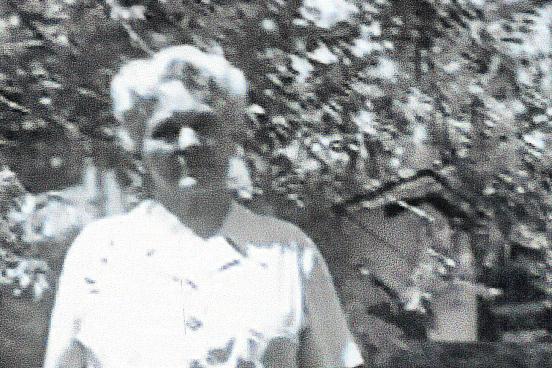Eliza London Shepard

Ranch Manager
Eliza Shepard was born in 1866 on the Plains, daughter of John and Anna Jane LondonWhen Eliza was eight, her mother died of consumption, so her father took her and a younger sister, Ida, to California. They stayed at an orphanage in Butte County while he sought work in San Francisco. In 1877, she reunited with her father, then married to Flora Wellman, and became step-sister to baby Johnny. Unaware until adulthood that John London was not his father, Johnny accepted Eliza and Ida as his real sisters. In his reminiscences, she played a kindly role, a protector of sorts through the family's difficult times.
When Eliza was sixteen, the family boarded sea captain James Shepard at their Oakland home. Although he was twice her age, and widowed with children, she married him and settled nearby. In 1899 they had one child, Irving. She continued to nurture her step-brother, offering him money at times and counseling. It was James Shepard who would join with now-Jack London to strike out for the Yukon. One of the few times she was unsympathetic was his insistence on being a writer; she urged him to work for the post office and have a steady job.
A strong patriot, she became active in the Woman's Relief Corps, an auxiliary of the Grand Army of the Republic. This group pioneered observance of Memorial Day, campaigned to have flags in every classroom, and urged the pledge of allegiance. It was one of many groups that gave women opportunities for political action before they could vote. She also worked on behalf of Civil War pensioners and became a notary to help them obtain their due. Her patient manner served her well in setting goals, negotiating deals, and executing programs. Following the San Francisco earthquake in 1906, Eliza was put in charge of services for women and children.
Eliza's marriage did not fare well, and by 1910 she and Irving lived on the Beauty Ranch in Glen Ellen, where Jack hired her as both ranch supervisor and overseer of the Wolf House Project. There she proved exceptional at her duties in managing the numerous daily tasks of supervising workers, handling accounts, seeing to legal matters, and more. Her estranged husband was not pleased with the situation, and in May 1913 appeared with a gun and threatened to shoot her. Jack and an assistant prevented the assault, and in 1915 Shepard divorced her for desertion.
Following Jack's death, Eliza struck a firm partnership with Charmian. Eliza continued to handle most business matters, notably the continuation of the ranch and movie right contracts. Of private temperament, she preferred to be in the background, while gregarious Charmian handled public relations and most of the literary estate. The women were devoted to each other, and kept in constant contact through separations brought by each other's long travels.
Eliza continued her involvement in community affairs. Locally, she was active in the Woman's Improvement Club and instrumental in getting a library built. During the 1920s she served as national president of the Woman's Auxiliary to the American Legion, and spent 1926 living in Washington, D.C., where she also participated in the Woman's Labor Congress. In 1928, she was a major participant at a peace conference. Another commitment was the Daughters of the American Revolution.
Her health suffered much in the 1930s, and perhaps as a result was unusually vulnerable to the entreaties of Irving Stone, then researching a biography of Jack. She allowed him to see letters and diaries that Charmian had forbidden him access to, these from her life before her life with Jack. Once the first installment of Sailor on Horseback appeared in The Saturday Evening Post, Eliza was shocked by Stone's inclusion of Chaney and unfavorable descriptions of her father and Flora. She reprimanded him, cut off further contact, and succeeded in getting Charmian's own Book of Jack London made into a movie to prevent Stone from doing the same with his work.
Though Eliza never remarried, she enjoyed romances, the most notable being Cordell Hull when he was a member of Congress. Her great delight was her son, Irving, who would spend his life on the ranch, and inherit her devotion to the memory of Jack.
Elize died in September, 1939. News articles honored her as a "devoted, patriotic woman," with a love for the outdoors. Her services were under the auspices of the Women's Auxiliary post she had founded, and in defiance of tradition, one of the pallbearers was a woman.
Sources
Clarice Stasz, Jack London's Women. Amherst, MA: University of Massachusetts Press, 2003.
Private conversation, Elisa Stancil Levine, author of Jack London State Historic Park, Glen Ellen, 2014.

